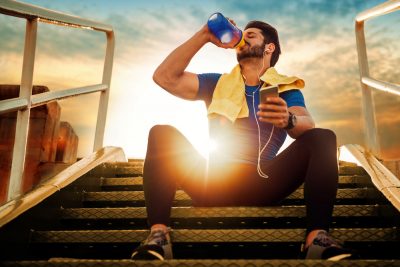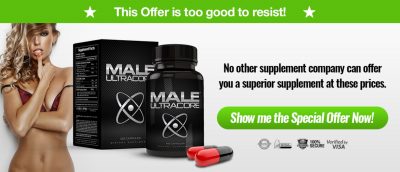This focuses on eating habits and putting the knowledge on food nutrients to reality and making them work for you in achieving your sports goals. It is one thing to have the knowledge and it takes will power to implement the knowledge. This extra effort is important for good health and totally worth it. Here are simple ways and tips on adapting to this healthy lifestyle including nutrient requirements;
Drink water
In an attempt to stay hydrated, the best liquid is water. Soft drinks o r alcoholic drinks are not only insufficient in hydrating but have a high quantity of calories. There are other ways to flavor your water that do not contain calories if you do not fancy the tasteless characteristic of water. Try adding a little fresh lemon juice or just throw a slice into your water bottle, there are also options of ginger, mint leaves, cucumbers, green tea bags, etc.
r alcoholic drinks are not only insufficient in hydrating but have a high quantity of calories. There are other ways to flavor your water that do not contain calories if you do not fancy the tasteless characteristic of water. Try adding a little fresh lemon juice or just throw a slice into your water bottle, there are also options of ginger, mint leaves, cucumbers, green tea bags, etc.
Constant water drinking habits should not only be during the hot summer or after getting exhausted from a workout but should be a regular part of your lifestyle.
If your body systems lack fluids it reduces your performance level, particularly during sports activities. So remember to hydrate before and during your activities.
Proteins
Sufficient protein should be included in all meals for the day. Protein foods help to give a feeling of satiety and boost your immune system, increase muscle mass, and repair while maintaining a healthy weight. A good source for obtaining sufficient protein is from protein shakes, eggs, certain cheese, animal meat, etc.
Carbohydrate foods
To boost your performance in sports and athletics, you need to feed on carbohydrates which are naturally energy-providing and replenishing foods because sports activities exhaust a lot of energy and avoid fatigue. These carbohydrates should be consumed as natural as possible, avoid over-processed or over cooked food. While not a lot of activities are going on, portion control of these carbohydrate foods is necessary, because they can easily turn to unhealthy fat when paired with inactivity.
Nuts
Nuts are highly nutritious and comfortably fit into your snack pack. They contain fiber, vitamin E, magnesium, and other essential nutrients.
Sleep

Good sleep is important for digestion and utilizing the nutrients obtained from food sufficiently in the body. This also helps to heal muscles that were worked during sports and gets your systems ready for more nutrient absorption and functioning.
Balanced diet
Your meals should contain adequate proportions of each essential nutrient as much as possible.
Breakfast is compulsory
Be it a long training session or HIIT workout, your body needs energy for the day. Breakfast is not only important for providing energy but also activating your system’s metabolism. It also reduces your appetite for impulse eating. Breakfast improves your brain’s focus and memory, which helps for better training. Avoid high-fat food in your breakfast before a workout, put together a balanced diet.
Incorporate fruits and vegetables
These include berries, carrots, bananas, spinach, broccoli, etc. These boost your strength and aid muscle recovery. Include vegetables and fruits in all meals, some of them are suitable as snacking options.
Supplements
Almost all the nutrients mentioned are available in the form of dietary supplements, for instance, if a particular nutrient is needed and not available in natural food sources, these supplements are a good replacement.
Develop a nutrition plan
In trying to support your sports lifestyle with your diet, when to eat and what to eat needs to be organized at the initial stage until it becomes a lifestyle or habit.
Liquid food
Some athletes prefer to avoid solid food because of the feeling of heaviness in the stomach, which could however still be avoided by portion control. Solids could be replaced with liquids like smoothies; blend a variety of your favorite fruits to make a tasty and on-the-go meal, yoghurts, or soups. If you are going to have liquid foods, avoid having it too close to workout schedules because you can easily become nauseous. This is also a good choice for recovery after HIIT exercises because nutrients are accessed and absorbed quicker.
Calcium
This can be obtained from natural food sources or dietary supplements and are essential for strengthening the bones and in the case of injuries for repair.
Timing
This factor is very important and cannot be excluded from your nutrition plan, making the right food choices for before and after training sessions should not be done ignorantly. Try to consume a balanced diet 3-4 hours before beginning training to allow proper digestion and conversion of food to energy ready for use.
Avoid ever experimenting with what works for you on the day of competitions.








COMMENTS